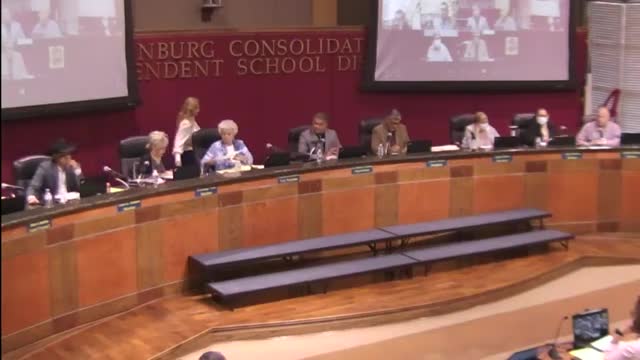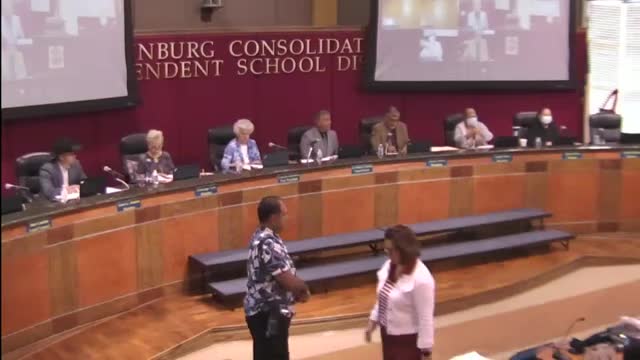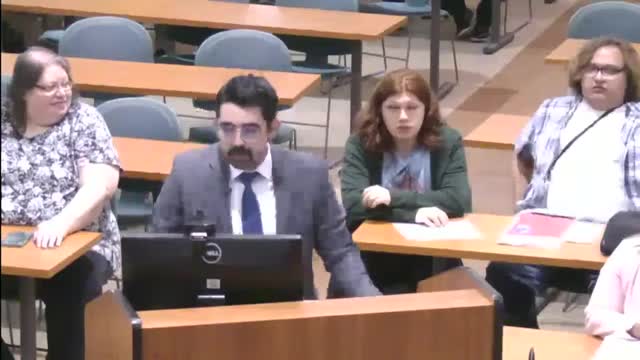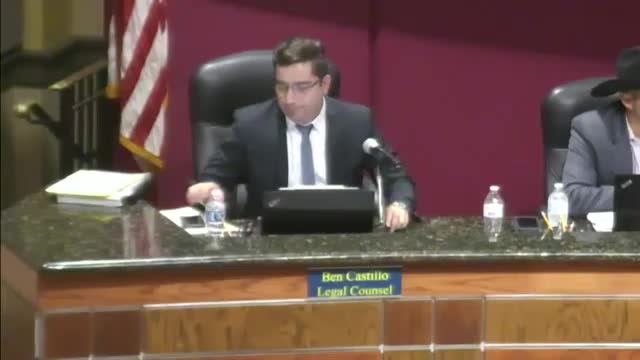Article not found
This article is no longer available. But don't worry—we've gathered other articles that discuss the same topic.

Edinburg CISD board approves consent items, emergency closure pay resolution and multiple personnel actions

Edinburg CISD honors students, coaches and volunteers across athletics, academics and the arts

Edinburg CISD reports 33,330 students, a year‑over‑year decline of 576; district adds new reporting columns

